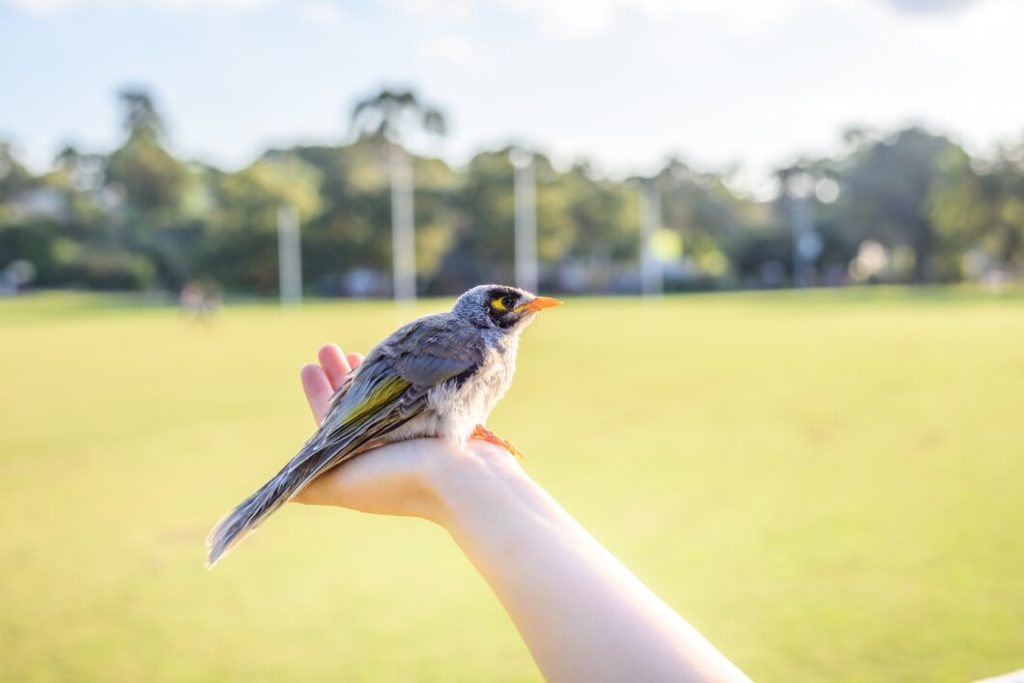The value of the adage a bird in the hand is worth two in the bush; what if a bird in the hand is worthless? Is it still worth two in the bush?
The adage “a bird in the hand is worth two in the bush” is a proverb that advises the importance of valuing what you already have rather than risking it for the potential of something greater. In other words, appreciating and maximizing your opportunities and resources is often wiser than pursuing uncertain or distant prospects.
Here’s my expanded explanation:
- The Known vs. the Unknown: The bird in your hand represents something tangible and specific. You have it, and it’s valuable. On the other hand, the two birds in the bush are still being determined. They might be there, but they might not. They represent future potential, but more is needed.
- Risk and Uncertainty: The adage acknowledges the inherent risk in pursuing something uncertain. When you let go of what you have (the bird in your hand) for the possibility of more (the two in the bush), you might end up with nothing if the two fly away before you can catch them.
- Opportunity Cost: This saying emphasizes the concept of opportunity cost. By focusing solely on what might be better, you might miss out on appreciating and making the most of what you already have. This can lead to regret if things turn out differently than
However, whether a bird in the hand can be worthless changes the dynamic; if what you have is genuinely useless, then the adage takes on a different meaning. In such a case, holding onto something of no value could be detrimental, and taking a risk in search of something better might be more beneficial.
For instance, having a broken toy bird in your hand isn’t beneficial. In this scenario, pursuing the two birds in the bush might be worth the gamble, as they would have more value than the broken one you currently possess.
In practical terms, this adage is often used in financial and investment contexts. It encourages conservative decision-making, suggesting that it’s generally better to hold onto a reliable investment (the bird in the hand) than to pursue a riskier opportunity with uncertain returns (the two birds in the bush).
Ultimately, the applicability of this adage depends on the context and the value or potential of what you currently possess. If what you have is genuinely worthless, then it’s worth considering taking a calculated risk for something better. However, if what you have is valuable, it’s generally wise to appreciate and safeguard it.
The idea is that value is important to choices, not just merely location
Please let me know what your thoughts are.

